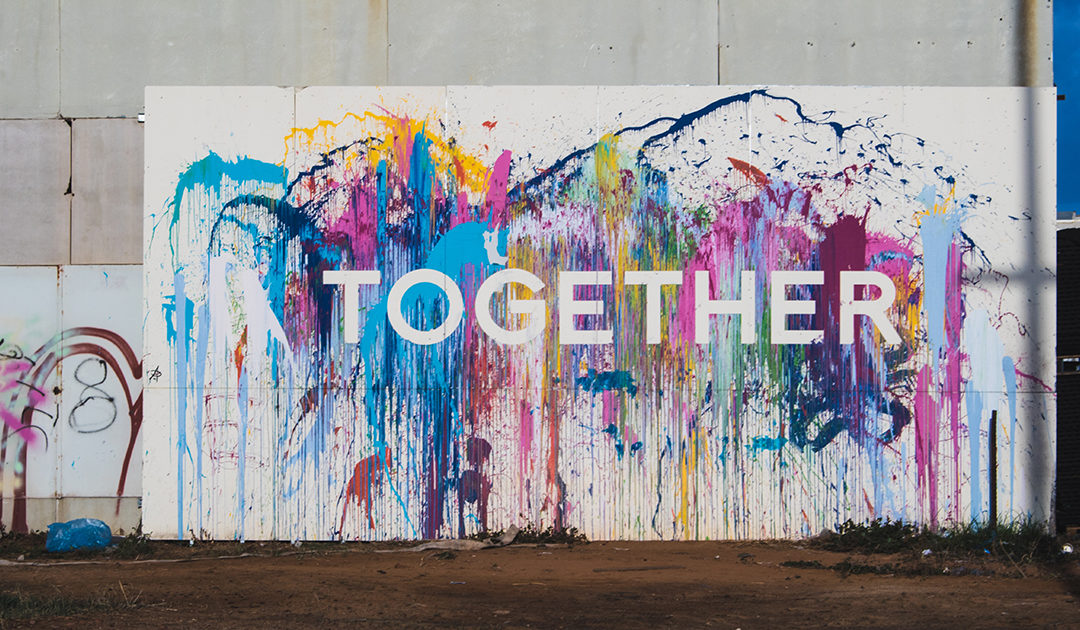Believe it or not, keeping us apart is bringing us together. It’s true. It may not seem like it. It may not make sense. But hear me out. As a community, we are closer now than we have ever been.
Every day since WordCamp Asia was canceled the question has been asked by one person or another on one or more teams: will we be able to run our WordCamp this year? Plans continue to be made until they either result in a WordCamp or the cancellation or postponement of a WordCamp. (Or maybe we will see some online this year?)
Questions fly through Twitter and Slack:
- We canceled. Did we do the right thing?
- We didn’t cancel. Did we do the right thing?
- I can’t believe WordCamp _______ canceled! Did they do the right thing?
- I can’t believe WordCamp _______ didn’t cancel! Did they do the right thing?
- Should I cancel speaking/attending?
- Do I/we cancel our sponsorship?
And even more conversation has taken place.
- This is crazy. Are we overreacting or not reacting enough?
- It feels somber.
- I miss seeing my friends and colleagues.
- I don’t know how to stay safe/healthy if I travel.
- This is scary.
- Wow! Remote workers have been prepared for this forever.
- Are we living the apocalypse? A Stephen King novel?
- And why are people stocking up on toilet paper?
Many things can bring a community together including shared joy, shared tragedy, and shared fear. One of the things I’ve seen a lot of over the last few weeks is the fear of “what if.” What if COVID-19 is worse than experts expect? What if COVID-19 isn’t as bad as they anticipate and we cancel events when we didn’t need to? What if I don’t get another opportunity to speak at WordCamp _____, or keynote, or attend, or…
This shared fear we have is actually drawing us together in ways that WordCamps, meetups, and the release of Gutenberg never did. Because we share these fears not as designers, developers, and tech geeks…but as human beings. The potential danger for this is bigger than anything we have experienced collectively. It’s bigger than we can imagine collectively. And we don’t know how to fight it on our own or as a community.
Tools like Twitter, Slack, and Facebook groups have us talking to each other as though we are meeting at the workplace coffee pot. We’re getting real with one another. We’re showing our vulnerabilities. We’re debating. We’re arguing. We’re commiserating. We’re supporting.
We’re listening to each other.
We may not agree with what others are saying, but we’re really listening. In solidarity. Shouldering the grief of those who have put countless hours into planning events that have been canceled. We feel the pain because we’ve either been in those same shoes, or can see ourselves there.
When WordCamp Asia was canceled someone from the organizing team reached out to me and asked me if I thought they’d made the right decision. I replied that I was sure they had. I had no insight into what would happen with COVID-19. I hadn’t been scheduled to attend. I had no way of knowing that it was the right decision, yet somewhere inside me I knew that it was. Because keeping the public interest (especially health) at the forefront is never the wrong decision.
Was it a difficult decision? Yes.
Was it heartbreaking for the organizers? The speakers? Volunteers, attendees, sponsors? Yes.
Was it difficult for those of us otherwise “unaffected” to see? Also yes.
But what happened as a result of that cancellation? How is all this keeping us apart actually bringing us together? The WordPress community rallied around everyone affected.
- Tweets, posts, calls, and other messages of support poured out publicly and privately.
- Wordfence, Yoast, and GoDaddy created a $30,000US fund to help offset the costs of lost travel expenses for those affected.
- Other WordCamp organizers started thinking about cancelation policies, health protocols, and ways to offer virtual events.
- We started talking to one another.
- We started listening to each other.
- We have immense value in our community as a result of COVID-19.
So yes, keeping us apart is bringing us together.
I don’t believe that every cloud has a silver lining. I don’t believe that something good comes from every bad thing.
But sometimes you can see the shimmer of something good.
Keep shining, WordPress community. And wash your hands.

